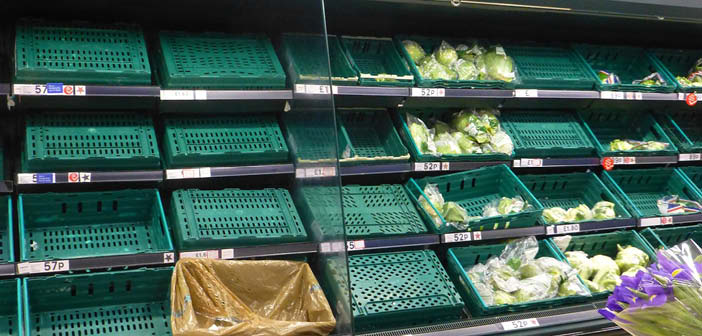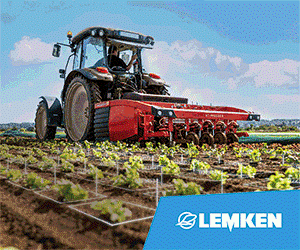A shortage of tomatoes and cucumbers in supermarkets may have occupied the national news agenda in February and March, and was discussed at the highest level in government, but concerns are also being raised about supply of key field vegetables.
A combination of dry conditions at planting last autumn, sharp frosts, and some growers pulling back on areas is being blamed.
West Midlands growers and distributors Mudwalls described an ‘impending supply challenge’ in UK-grown brassicas between February and harvest of the summer crop in late May. In February it said open market pricing was well over double the values normal for the time of year.
Leek Growers Association chairman Tim Casey has warned that the lack of rainfall has taken its toll on the national leek crop, with yields down by as much as 30%. Consequently, supply of the 2022/23 crop will dry up by April, he said.
Tim O’Malley of Nationwide Produce has pointed to the reduction in the quantity of onions, predicted to be 100,000 tonnes down this year, compounded by less planting in Spain and Germany. He describes the million-tonne contraction forecast for production in Europe as ‘a massive shortfall’.
Speaking at the FPC Future meeting in March, NFU national specialist on water resources Kelly Hewson-Fisher said the spring is likely to be drier than normal even with the steady rainfall then expected in March. The picture across the country was varied with some growers able to fully recharge their reservoirs over winter while others, who had not, now facing abstraction restrictions due to low river flows, she said.
Read more news and features from the UK’s only publication dedicated to growers of field vegetables, outdoor salad and potatoes in our monthly publication The Vegetable Farmer.














